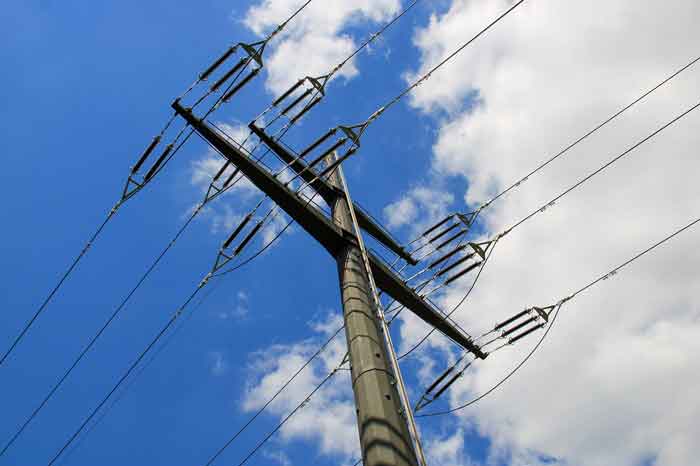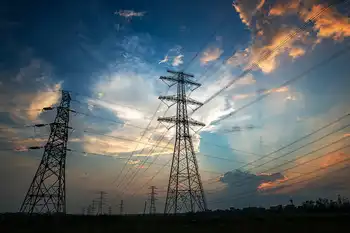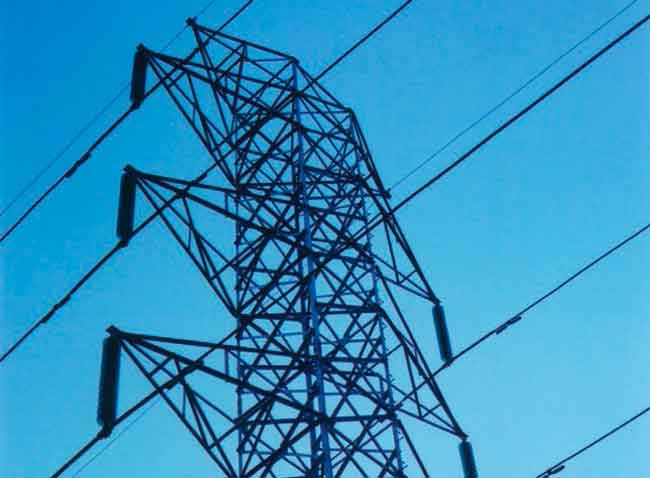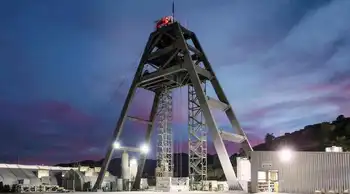Switch off 'grow-ops'
The public is at risk and the threat is escalating.
Indoor "grow-ops" pose a serious fire hazard. They fund organized crime. And the marijuana trade fuels gun violence in our streets.
The Ontario Association of Chiefs of Police estimates that the number of illegal grow-ops in this province has increased 250 per cent. Revenue could hit $12.7 billion.
News this week that a grow-op fitted with hazardous wiring had been set up through eight units of a Parkdale high-rise is only the latest warning sign. Police recently found Canada's largest indoor grow-op hidden in an old brewery in Barrie.
And officers found six children living amid squalor in a York Region grow house. As many as 10,000 Ontario youngsters may be exposed to similar conditions, living with fertilizers, pesticides, mould spores and the constant risk of fire.
Police and electricity companies say privacy legislation forbids a utility from telling authorities about high spikes in power usage — a telltale sign of energy-hungry grow-ops.
These rules should be relaxed, allowing power companies to report suspicious patterns so that police can apply for search warrants.
Privacy is a cherished right. But power consumption is an impersonal statistic and one that can be shared with authorities without undermining our basic freedoms.
Related News
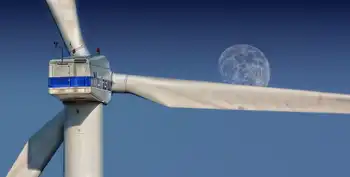
Minnesota bill mandating 100% carbon-free electricity by 2040
SAINT PAUL - Minnesota Gov. Tim Walz, D, is expected to soon sign a bill requiring utilities in the state to provide electricity from 100% carbon-free sources by 2040. The bill also calls for utilities to generate at least 55% of their electricity from renewable energy sources by 2035.
Electricity generated from landfill gas and anaerobic digestion are named as approved renewable energy technologies, but electricity generated from incinerators operating in “environmental justice areas” will not be counted toward the goal. Wind, solar, and certain hydropower and hydrogen energy sources are also considered renewable in the bill.
The bill defines EJ areas…


